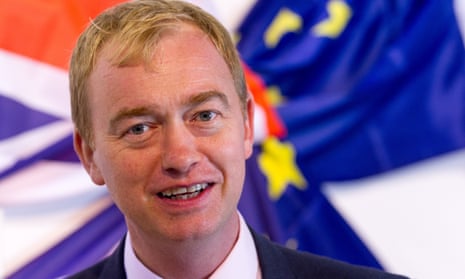The Liberal Democrats have voted to remove the male or female tick option on official party documents, one of a number of measures designed to tackle discrimination against transgender and intersex people.
The measure was passed by party members at the Lib Dem conference in Bournemouth on Monday morning. The conference voted for a phased removal of gender markers in all of the party’s official documentation unless absolutely necessary, and the introduction of an “X” gender option and “Mx” title option.
Other measures voted through include the introducing waiting time standards in all aspects of the gender healthcare service, setting up an independent inquiry to investigate systemic abuse of transgender people in the NHS and establishing the first gender identity clinic in Wales.
Lib Dem peer Lady Hussein-Ece said the party believed that no one should be left behind or discriminated against “regardless of race, gender, age, creed or sexual orientation.
“We’ve come a long way in this country towards achieving the equality transgender people want and deserve, but so much more needs to be done,. Transgender rights are human rights. We need both our health service and our laws to reflect this fundamental fact.”
The Lib Dem leader, Tim Farron, has previously said that one of the reasons he abstained at a third reading of the marriage (same-sex couples) bill, which was passed with 366 votes to 161 in May 2013, was that it did not sufficiently protect the rights of transgender people.
In his campaign to succeed Nick Clegg as leader of his party, Farron said the Lib Dems should lead the way in championing the rights of transgender and intersex people, arguing that it was an issue that had been ignored by mainstream politics.
As part of its new transgender and intersex health charter, the party also voted to support the right of transgender and gender-variant children to receive puberty-blocking medications until they are eligible for hormone replacement therapy.
The party’s members also voted in favour of simplifying the Gender Recognition Act 2004 to allow individuals to change their legal gender at will and for allowing changes to government-issued documentation on the basis of gender reassignment to be provided free of charge.
The Lib Dems lost 48 of their 56 MPs in May’s general election, pushing them to the position of fourth biggest party in parliament, coming behind Ukip in terms of share of the vote.

Comments (…)
Sign in or create your Guardian account to join the discussion